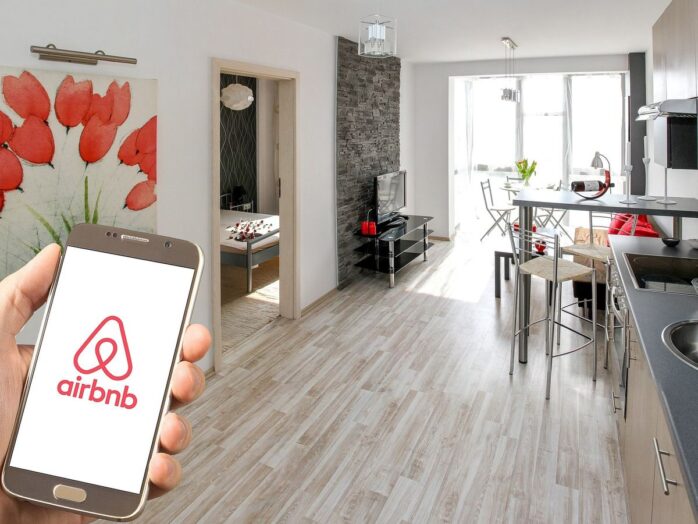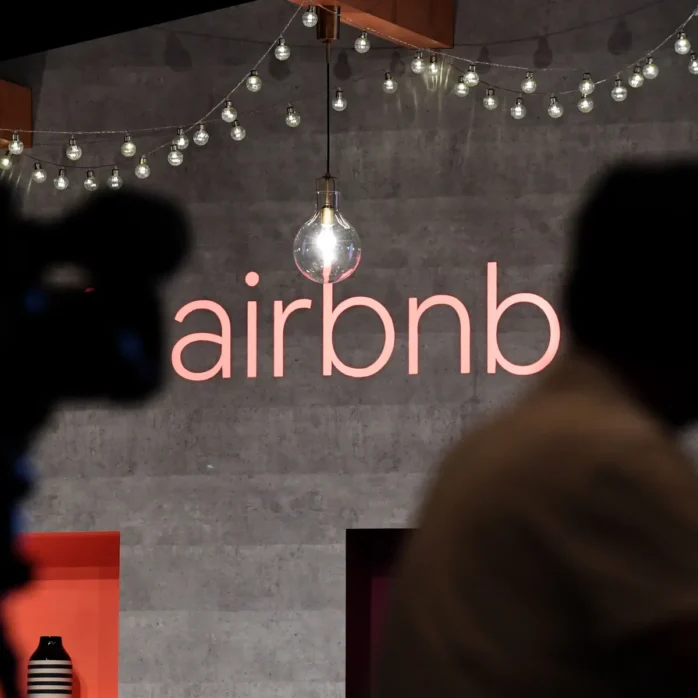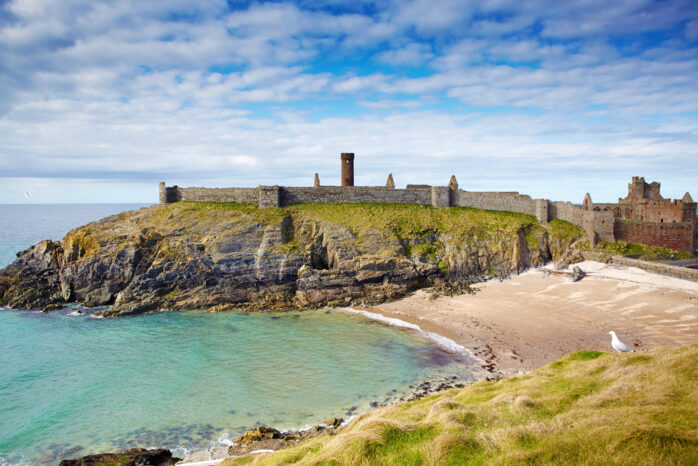
Do you have a property that is vacant and collecting dust? Do you have a room that no one ever uses the most time of the year? Then, Airbnb is a perfect business plan for you. For those who don’t know, renting out property is a solid source of passive income. Some Airbnb UK super hosts earn more than £30,000 per year from their rental. If you want to start an Airbnb business in the UK but are perplexed about the requirements and local laws, continue reading this article for more knowledge regarding the same.
What is Airbnb?
Airbnb is a website where you may find places to rent. It enables users to list their house, or a room within their property, for nightly rental. You will not be expected to collect money from the individual staying with you because bookings and payments are conducted through the Airbnb website. Airbnb has grown from a small startup to a multibillion-dollar company in a relatively short period. If you are planning to start an Airbnb business in the UK, click here to know more about Airbnb management.
Airbnb’s Success

The company’s success is seen in its quick expansion, which is due to its numerous housing options, affordable rates, and user-friendly platform.
According to Airbnb, 100,000 cities in over 220 countries and regions have active listings. With the necessity to work from home and more people becoming “digital nomads” in 2020, interest in short-term rentals and home-sharing surged as well.
Airbnb allows visitors to experience a city as a resident would, and it frequently provides more privacy than hotels. Tiny houses, castles, and treehouses are among the exotic lodgings provided. Because housing costs can be shared among parties and kitchen access can help minimize food costs, Airbnb is frequently a budget-friendly alternative.
License Requirements in the UK
Airbnb is collaborating with governments around the world to clarify these policies so that everyone is on the same page. In some tax jurisdictions, Airbnb will calculate, collect, and remit local occupancy taxes on behalf of the host. Every country calculates occupancy tax differently, and the ultimate goal is to make this advantage available to more hosts throughout the world. In the interim, before offering space on Airbnb, potential hosts should check their local legislation.
- 90-Day Rule in London
Source: nestify.co.uk
The 90-Day Rule, often known as the Airbnb 90-Day Limit in London, is presented solely in place in the Greater London area. The 90-Day Guideline is a simple rule that applies to property owners who want to set default restrictions for their entire space. Before the Rule can go into force, such properties must be listed on Airbnb. Airbnb mandates a maximum of 90 days of occupied nights per calendar year for property owners. Airbnb first launched it in the Greater London area in January 2017.
The number of nights individuals can stay in your unit per year has been limited to 90 by Airbnb. In other words, a house listed on Airbnb cannot be rented out for more than 90 days in a calendar year. Bookings for your home will be automatically canceled by Airbnb after the 90-day limit has been met till the end of the year.
If you can prove that you have the requisite permit to rent your space for a longer length of time, such as more than 90 days in a row, the 90 Day Rule does not apply to you. Anyone who does not meet the aforementioned criteria and thus violates the Airbnb regulation may be penalized and fined.
- Scotland Licensing Framework
Source: pinterest.com
After plans for the licenses were passed at Holyrood, Glasgow Airbnb and short-term let landlords will be required to acquire licenses in the future to rent out their apartments.
The Scottish Government is implementing a licensing framework for Airbnb-style properties across the country to strike a better balance between community concerns and economic and tourism benefits.
By October, each municipality must develop a short-term rental property licensing system, with all operators needing to apply by July 1, 2025. A large number of properties could be affected by the licensing programs.
In Scotland, a new safety requirement will be enforced, embracing all types of short-term lets and probably certainly requiring an HMO-style inspection. Councils will also have the option of establishing control zones to ensure that changing the use of entire houses to short-term rentals would always require planning clearance.
- Registration in the Isle Of Man
Source: luxuriousmagazine.com
You must first register with the Department for Enterprise before listing your space on the Isle of Man. You will be able to host for a period of up to 12 months once you have registered. Under the Tourism Order 1992, properties that are not verified and registered must not be used as tourist accommodation.
What are the best places to host an Airbnb in the UK?
Airbnb is growing rapidly, with new hosts signing up every day. By exhibiting photographs and tales for the world to see, popular social media sites like Instagram are also helping to bring tourism to locations that aren’t being promoted by traditional travel firms. Tourists visiting famous monuments across the country, romantic getaways, business travelers, and family vacations will be your bread and butter as an Airbnb host.
London, along with Manchester, Glasgow, Liverpool, Edinburgh, and Cardiff, is Airbnb’s largest market in the United Kingdom.
Conclusion
You may turn your Airbnb hosting into a full-time business if you’ve gotten to know the platform and found a schedule that works for you. You might even expand your business by adding more properties and tailoring your hosting strategy to each individual listing, depending on your objectives.
With Airbnb, you can earn extra money on your own time in a space that might otherwise be vacant. The software enables hosts to tailor the situation to their specific requirements and expectations. It’s up to each host to take control of their business’s growth, whether it’s as a side hustle or a full-time job.














